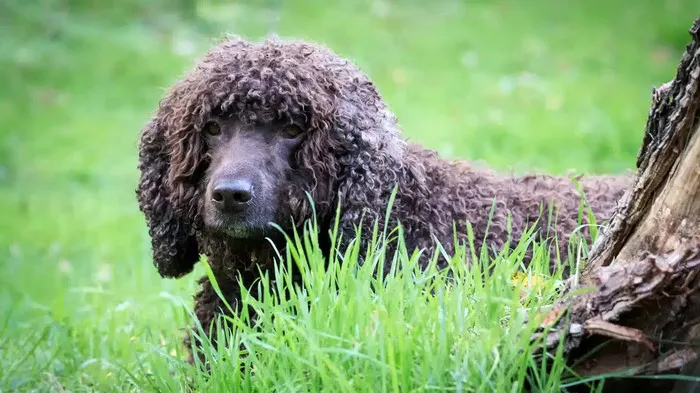The loyal, affectionate dogs we know today are not just our furry companions—they’re evolving alongside us. No longer primarily hunters or protectors, dogs are increasingly adapting to the modern, fast-paced lives we lead, positioning themselves as beloved companions in our urbanized environments.
This evolution goes beyond mere behavioral changes; it is driving what scientists are referring to as a “third wave” of domestication, further strengthening the bond between humans and their canine counterparts.
From Workers to Companions
Historically, dogs played specific roles—hunting, herding livestock, or guarding homes. However, as our lifestyles have become more sedentary and urban, their purpose has shifted dramatically. Now, the primary role of dogs is companionship, an adaptation to our changing world that is affecting not only their behavior but also their genetic traits.
This shift in function reflects deeper biological changes in dogs, which are being shaped by our desire for friendly, well-behaved pets that fit seamlessly into our modern lives. The social dynamic between humans and dogs is evolving, with studies showing that this new relationship may be partially driven by hormonal changes.
The Role of Oxytocin in Dog Evolution
One of the key biological factors driving this evolution is oxytocin, a hormone linked to social bonding. A recent study from Sweden’s Linköping University, led by canine researchers Brian Hare and Vanessa Woods, explored how oxytocin influences dogs’ behavior and social interactions with humans.
In their experiment, 60 golden retrievers were tested for their ability to open a treat jar. They were exposed to both oxytocin nasal spray and a neutral saline spray. The results revealed that dogs with a specific genetic variation of the oxytocin receptor were more likely to seek human assistance, showcasing the hormone’s powerful impact on their social behavior.
This research suggests that dogs’ social skills, such as their ability to communicate with humans, are not only learned but also deeply ingrained in their genetics. The findings indicate that oxytocin sensitivity has evolved over time, reinforcing dogs’ role as companions in our modern world.
The Rise of the Third Wave of Domestication
This modern phase of domestication stands in contrast to dogs’ historical roles. In the past, they were bred to be alert, active, and independent, often working in roles that required quick reflexes and high levels of energy. But today, with the rise of urban living and indoor environments, these traits are becoming less relevant.
Instead, dogs are now being bred for traits like friendliness and trainability. Service dogs, in particular, illustrate this shift. Unlike their ancestors, who were bred to be wary of strangers, modern service dogs are often sociable from a young age, demonstrating the biological and behavioral changes that come with this new wave of domestication.
A Historical Perspective on Dog Domestication
The journey of canine domestication began as early as 40,000 years ago, during the first wave, when stray wolves started interacting with human foragers. Over time, these wolves learned to coexist with humans in exchange for food, gradually losing their fear and aggression.
The second wave of domestication occurred after the Industrial Revolution, when dogs were bred for specific physical traits, often as a status symbol for the rising bourgeoisie. This period gave birth to many of the breeds recognized by the American Kennel Club today.
Shaping Dogs for the Future
In the current, third wave of domestication, the focus is on shaping dogs’ personalities to fit into the 21st-century world. Researchers suggest that breeding dogs to resemble service animals, with their calm and friendly dispositions, will be essential for both dogs’ well-being and their ability to integrate into our increasingly urbanized society.
“For dogs to thrive in modern environments, we must continue to breed and train them with a focus on social adaptability and companionship,” noted the researchers. This approach not only ensures the happiness of both dogs and their owners but also helps pave the way for a future where dogs continue to play a meaningful role in human life.
As dogs continue to evolve alongside us, it’s clear that the bond between humans and dogs is growing stronger, supported by both biology and shared experiences. The future of canine companionship is not just about wagging tails and playful antics—it’s about nurturing a new kind of relationship that will thrive in the world we are building together.
Related topics:
Dog Owner Under Investigation in Abandonment Case
Everything You Need To Know About Dog Strollers
Simple Strategies to Keep Your Anxious Dog Calm This Halloween


